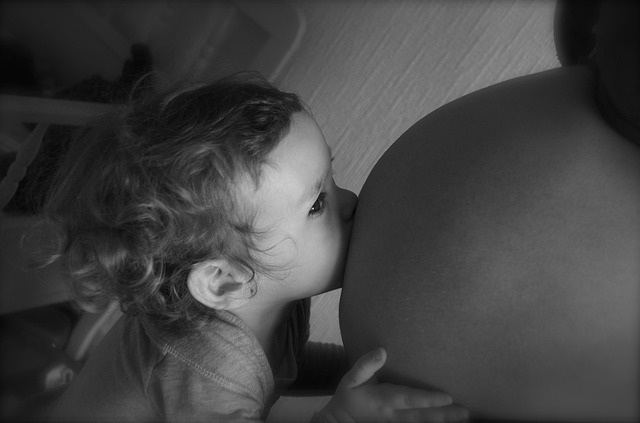As a parent, understanding the role of fluoride in your child’s dental health can be quite confusing. When should your child start using fluoride toothpaste, how much is safe, and is it really necessary? Here’s a comprehensive guide to help you navigate these important questions regarding fluoride for young children.
What is Fluoride?
Fluoride is a naturally occurring mineral that helps prevent tooth decay by strengthening the enamel of teeth and combating harmful plaque. It can be found in various forms, including toothpaste, mouth rinses, and supplements, providing multiple ways to support your child’s oral health.
Why Do Children Need Fluoride?
Fluoride is crucial for children’s dental health as it helps in preventing cavities and strengthens their developing teeth. Regular exposure to fluoride contributes to healthier teeth that can withstand decay.
When Should Kids Start Brushing with Fluoride Toothpaste?
The American Dental Association recommends that children begin brushing with fluoride toothpaste as soon as their first tooth appears. A small amount—about the size of a grain of rice—is sufficient for toddlers. As they grow, you can gradually increase the amount to a pea-sized portion.
Is Fluoride Safe for Children?
Yes, fluoride is generally safe for children when used appropriately. However, it’s essential to monitor their use to prevent excessive ingestion, which can lead to dental fluorosis, a cosmetic condition affecting the appearance of teeth.
What if Your Tap Water Contains Fluoride?
If your tap water is fluoridated, children still benefit from brushing with fluoride toothpaste. The fluoride in the water, combined with the toothpaste, provides additional protection against cavities.
What to Do for Kids Who Don’t Have Fluoride in Their Tap Water
For families whose tap water lacks fluoride, consult your pediatric dentist. They may recommend fluoride supplements or alternative sources to ensure your child receives adequate fluoride.
What is Dental Fluorosis?
Dental fluorosis occurs when children ingest too much fluoride during the early years of tooth development, leading to discoloration or mottling of the teeth. Educating your child on the proper amount of toothpaste to use can help mitigate this risk.
What to Do if Your Child Swallows Fluoride Toothpaste
If your child accidentally swallows fluoride toothpaste, it’s important to contact your pediatrician or a poison control center for guidance. Generally, swallowing a small amount is not harmful, but it’s always better to be cautious.
To keep your child’s teeth healthy, regularly brushing with a suitable toothbrush is key. Discover more about the Smile Toothbrush, designed specifically for infants, to ensure a great start to their oral care routine.
For families considering home insemination, resources like Make A Mom can provide essential support, including the only reusable option for at-home insemination. You can also join the Make A Mom Facebook group for matching with sperm donors, and learn more about the process through their guide on how it works. Additionally, for those dealing with fertility challenges, the Conception Chronicles offers valuable insights.
For further information on this topic, you can also refer to resources from the Mayo Clinic, an authoritative source on fertility and insemination.
To Summarize:
Fluoride plays an essential role in preventing tooth decay and promoting dental health in babies and toddlers. Starting fluoride toothpaste early, monitoring usage to prevent dental fluorosis, and understanding the importance of fluoride in your child’s diet can help ensure they maintain healthy, cavity-free teeth. If your child doesn’t have access to fluoridated tap water, consult a dentist for advice on supplements. Don’t forget to explore resources like Make A Mom for support in your parenting journey.

